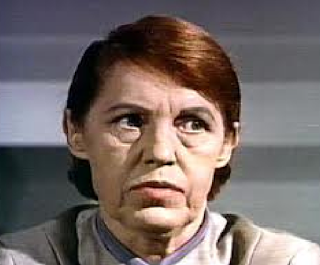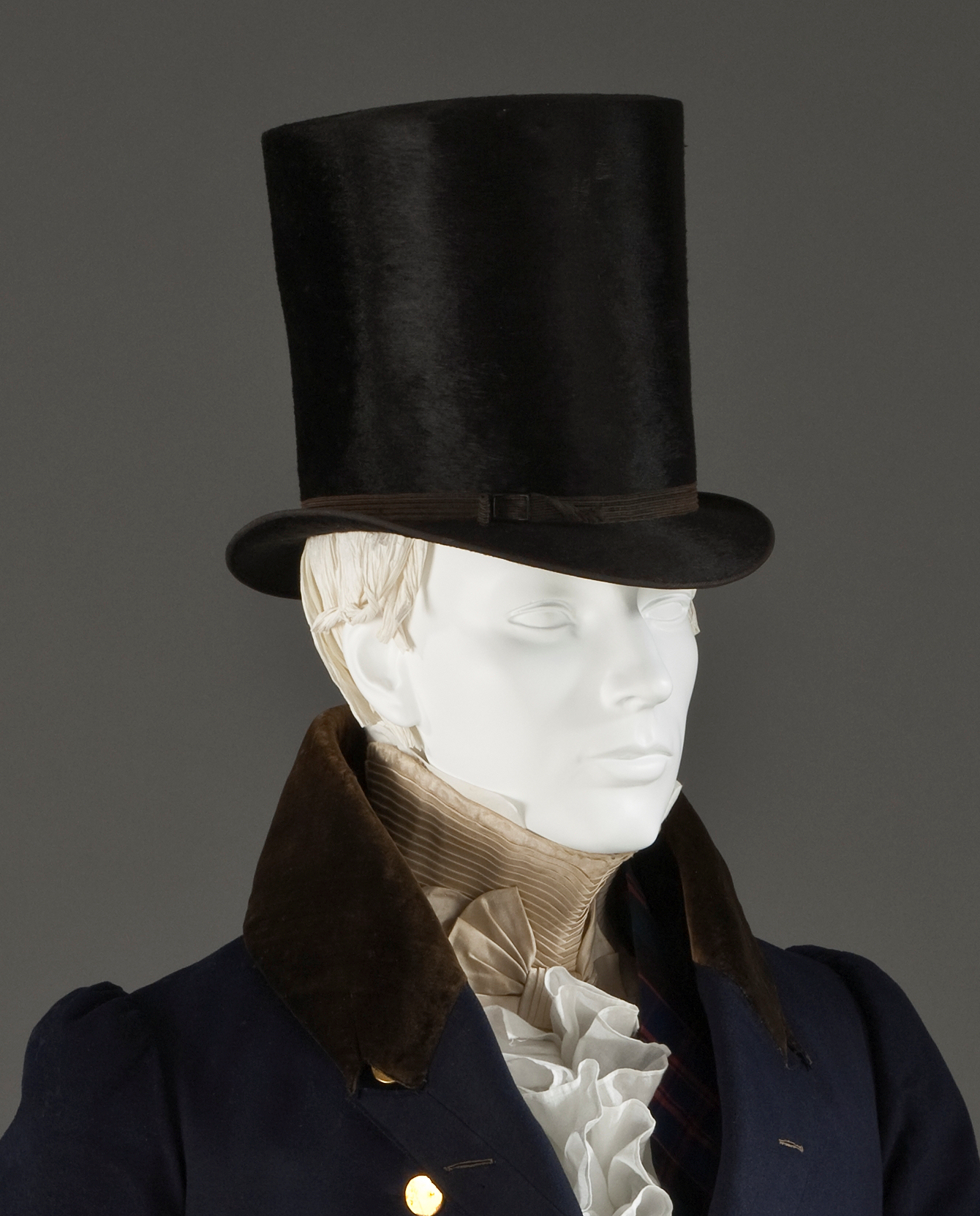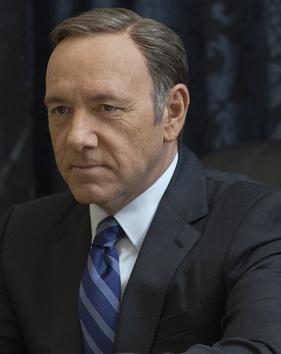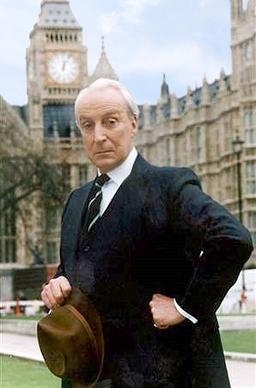It’s one of the less happy conventions of the thriller or mystery story that when the whole thing unravels, it’s a letdown. How many conspiracies turn out to be the brainchild of some pedestrian jerk-off living over his mom’s garage, playing 1st-person shooter games? (This is figurative, but once in a while literal.) Snowpiercer, for example, is pretty lively for the first two acts, but when you get to the front of the train, and meet the sinister and over-sharing Ed Harris, it seems a little too familiar – the Wizard of Oz behind the curtain. You’re not the only one thinking, Is that all there is?
Bond villains after Thunderball are generally parodies, at least in the Sean Connery/Roger Moore pictures. And once 007 penetrates the villain’s lair, he’s subjected to a data dump of verbal diarrhea, said villain expatiating on the weakness and complacency of humanity, and his own singular skills in exploiting them. This is second cousin to the previous complaint. It demonstrates a lack of imagination. The guy had to publish with a vanity press.
Why is it that the quality of our villainy is so low?
I know Elon Musk is an ignorant and dangerous guy (and in fact I recently posted a Substack column about it: https://gatesd.substack.com/), but he’s such a fatuous blowhard that it’s hard to take him seriously. Much like Trump, another deeply frivolous windbag, neither one of them takes any responsibility for the drivel that comes out of their mouths. As if they suffer from Tourette’s. At the same time, their drivel can drive up the market in meme coin. It’s both predictable and sad.You wonder why they take up all the air in the room. It’s a hallmark of heavies, going back to Conan Doyle and John Buchan, that they won’t shut up. They can’t switch it off. Nayland Smith falls into Fu Manchu’s clutches, and Fu starts in with the triumphalist baloney. Dr. No and James Bond. It must be hardwired. It’s the oddest God damn thing. Is it just that Sax Rohmer and Ian Fleming themselves can’t help it? Or is it in the character of these guys, to be the center of attention? It’s more than literary convention. Maybe it’s a tell, or a pathology. The loudest voices usually have the least inner confidence. They’re shouting down their own doubts.
There’s something funny about all this, and I don’t mean funny, ha-ha. It’s disturbing enough that we’re persuaded to sympathize with Dr. Hannibal Lecter in Silence of the Lambs – the Tennessee jailbreak set-piece is a jaw-dropper not just because of its precision and discipline, and for its sudden reversals, but because Thomas Harris manipulates our expectations, and the biggest reversal is when we realize we’re hoping Lecter gets away with it – but it’s beyond creepy that Trump appropriates Hannibal Lecter, as a what, exactly? An avatar, a role model, a dinner date?
What is happening, by the by, to our understanding of good and evil? I was talking to a friend of mine, a few years back, about The Silence of the Lambs (her husband had recommended it to me), and I said something to the effect that your odds of being the victim of a serial killer were lower than being struck by lightning, you’re much more likely to be murdered by somebody you know, like your own husband (said husband being a very big and solidly-built guy), and she said, I’d really rather not consider that possibility. She preferred the vicarious scares in Silence of the Lambs. An epiphany. I saw why somebody would prefer the vicarious shivers, and why you maybe don’t want to entertain the genuine threat, that the guy you’re sleeping with could murder you in your bed. This is in no way to minimize the realities of domestic abuse, but only to say we recognize our comfort zone. Silence of the Lambs is second-hand violence, once-removed from the immediate.
From a
safe distance, Trump and Musk seem as cartoon-y as Dr. No, or Snively Whiplash. And perhaps their violence will be vicarious,
performative and posturing, all bark and no bite. But even the broadest of physical comedy
depends on the laws of physics; the coyote runs off the edge of the cliff and
hangs suspended in the empty air, and then gravity takes hold. We look at these clowns, dressed in the
plumage of affectation, and dismiss them as objects of ridicule. Their malevolence is real enough, though, and
gravity will bring us to earth. The storyline’s a ribbon of clichés, but we greenlighted
the picture before the script was finished, like






































